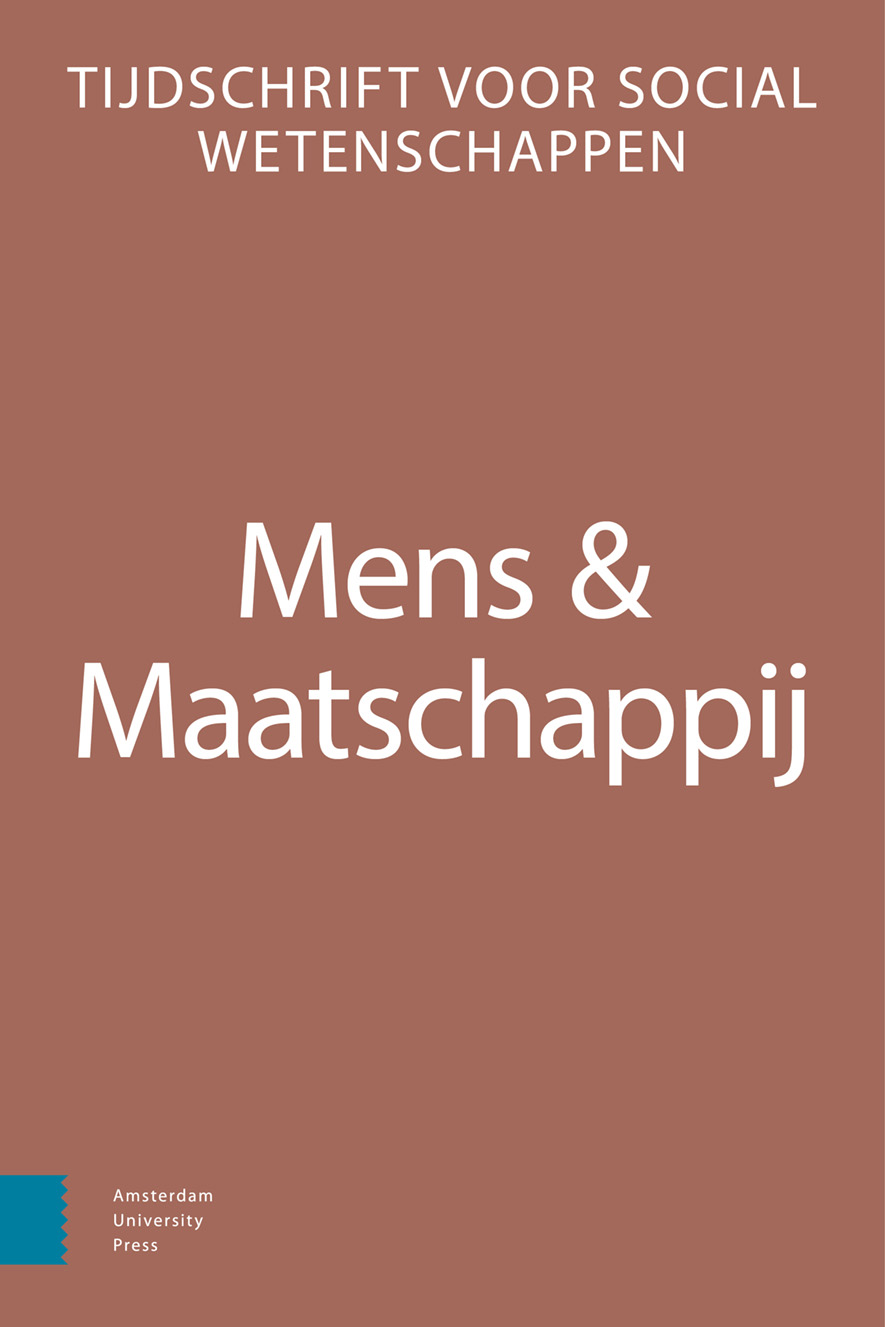-
oa Wie verdient nog onze solidariteit?
Veranderingen in solidariteitsgevoelens met ouderen, zieken en gehandicapten, werklozen en immigranten in de 21ste eeuw
- Amsterdam University Press
- Source: Mens & Maatschappij, Volume 94, Issue 4, Nov 2019, p. 483 - 505
-
- 01 Nov 2019
- Previous Article
- Table of Contents
- Next Article
Abstract
The Netherlands has changed in many ways over the past two decades: Duties have become more central in the ‘participation society’, there are fierce debates about the arrival of immigrants, and the aging society and the economic crisis are sharpening debate about redistribution and social provisions. How have the feelings of solidarity of Dutch citizens developed in this changing context? We know from previous studies that, in general, people feel most involved with the elderly and the sick and disabled, and are less concerned about the standards of living of the unemployed and immigrants. This ‘ranking’ in feelings of solidarity with target groups of social policy is explained by deservingness theory and is suggested to be invariable over time. But is that indeed the case? In this article, changes in solidarity views of Dutch citizens with regard to different target groups of social policy are analysed, using data from three waves of the European Values Study (1999/2008/2017) and taking into account individual background characteristics and cohort effects. Results show an invariable deservingness ranking and relatively stable feelings of solidarity. Solidarity with the elderly and the sick and disabled seems to be mostly depending on cohort effects: People from younger cohorts feel much less concerned with the living conditions of the elderly. Solidarity with immigrants instead, is largely determined by people’s political preference and education, while solidarity with the unemployed appears to be dependent on both individual characteristics and cohort effects. These effects do not get stronger (or weaker) over time. Despite the stability in feelings of solidarity the past decades, the strong cohort effects might predict change in the deservingness ranking in the future.


